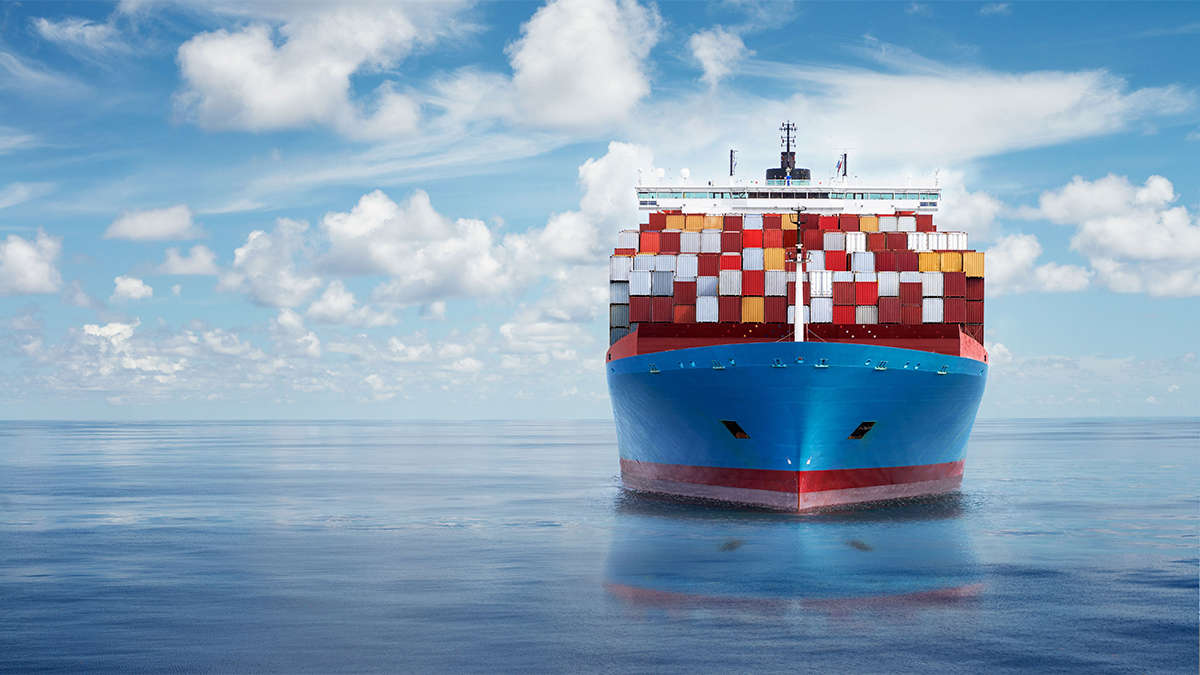At crunch talks in London, Latin American nations led by Brazil have fought against a tax on the emissions of the global shipping sector.
The media is not allowed to watch the talks, hosted by the United Nation’s shipping arm in London, but six sources in the room said Latin American countries were most vocal against the measure.
Global shipping produces about three percent of the world’s emissions, a similar amount to Germany, and the emissions from burning its fuel are currently only untaxed.
Pacific nations like the Marshall Islands and Solomon Islands, which are extremely vulnerable to climate change, have led the push for nations to agree to a tax, also known as a levy, on emissions.
They want that price to be US$100 per tonne of bunker fuel, which they say would raise US$60-US$80bn a year. This amount would decline as shipping cleans up.
With journalists banned from the venue, the Marshall Islands lead shipping talks negotiator Albon Ishoda, spoke to Climate Home in the lobby of the International Maritime Organisation.
He said that shipping has a “dirty past” and has “a responsibility, as the servant of global trade to transition and to ensure a 1.5C future”.
Governments now have until 07 July to decide whether to tax emissions from the shipping sector, which are not included in the UN climate change talks.
Ishoda from the Marshall Islands said that a levy causes “discomfort” among many states. There has been a lot of “misinformation guided by disinformation” and developing countries think a levy will hurt them disproportionately more, he said.
“Fair enough, we’re not saying a levy will be great all round”, he said, but the US$60-US$80 billion a year their proposal will raise could be used to decarbonise shipping and to address any negative economic effects.
As the talks are secret, Ishoda would not disclose who opposed the tax.
But six sources present told Climate Home that Brazil had led the resistance, joined by Argentina, Chile, Uruguay, Guatemala, Ecuador and South Africa
At a summit in Paris last week, none of these countries signed a statement in support of the levy. None of them replied to a request for comment.
On the other side, sources said, several European nations and Vietnam spoke in support of a levy while the U.S, UK, India and others neither supported nor opposed it.
Over the last year, the idea of a tax on shipping emissions has shot from obscurity onto the agenda of some of the world’s most powerful people.
Hosting a summit in Paris of nearly 40 heads of state last week, French president Emmanuel Macron said he was “in favor of an international taxation” to finance climate action and later mentioned a tax on maritime transport as an option. U.S treasury secretary Janet Yellen said at the summit that it was “something the United States will look at”.
Ishoda said he was at the Paris summit too. But “my message was simply to inform them – this money is not to fill in the gap where you failed”, he said.
Rich nations have failed to provide the developing world with the level of climate finance they promised, a failure large developing countries often hold up as a reason they can’t cut emissions faster.
Over this week and next, governments will decide whether to include a levy on shipping emissions in their list of potential measures to reduce shipping’s emissions.
The level of the levy and what the money will be user for will be decided at future meetings.
SOURCE: CLIMATE HOME/PACNEWS














